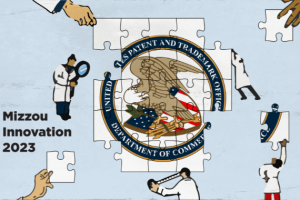
July 16, 2024
The patent puzzle
Mizzou researchers work with the Office of Technology Advancement to protect and promote their discoveries.
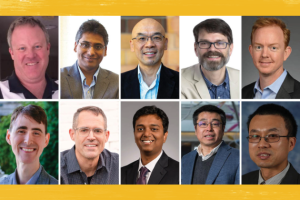
July 16, 2024
Reporting on AI? Mizzou has the experts you need.
Artificial intelligence (AI) stands as the frontier of technological revolution — poised to reshape every facet of our lives. As leaders in AI research, The University of Missouri is happy to connect you with the right expert.
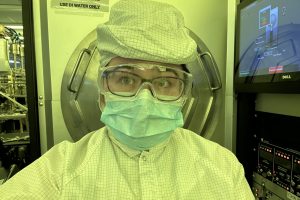
July 9, 2024
A variety of experiences: Moore spends summer conducting research
Marissa Moore, a senior chemical engineering student, is participating in a Research Experiences for Undergraduates (REU) program at the Georgia Institute of Technology. We asked her a few questions about the experience.

July 9, 2024
Hackers beware: Research shows AI can assist with cybersecurity
A Mizzou researcher and collaborators found that leading chatbots can pass certified ethical hacking exams.
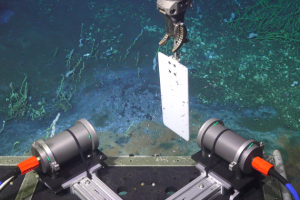
July 9, 2024
Bubbling with curiosity: Mizzou engineer investigates oceanic phenomenon
Binbin Wang has spent years researching hydrocarbons in the Gulf of Mexico and discovering how natural seeps in the ocean floor affect the environment. He is now working on a long-term research project using a National Science Foundation research vessel.
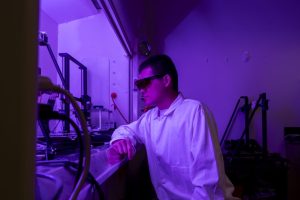
June 21, 2024
No assembly required
Innovative 3D printing method developed by Mizzou Engineering doctoral student streamlines multi-materials manufacturing.

June 7, 2024
Missouri Water Center receives more than $700,000 in EPA seed grant funding
Cross-disciplinary researchers to look at water quality, quantity issues through eight research and education projects at the Missouri Water Center.
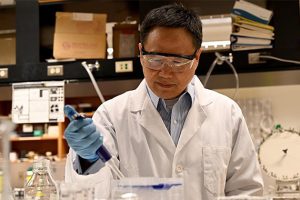
June 6, 2024
Helping safeguard a new reservoir in north central Missouri
Researchers at the Missouri Water Center have been awarded a $5 million grant from the U.S. Environmental Protection Agency for sustainable water management. They’ll use the funds to ensure that the water remains safe as the basin fills.
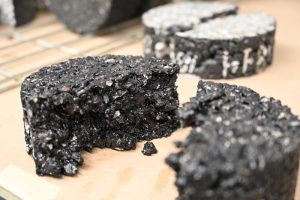
May 30, 2024
Ask a Mizzou expert: Why do potholes form on roads?
As the nation’s drivers zig and zag to try to avoid potholes, University of Missouri expert Punya Rath explains the science behind these street craters. A member of the Mizzou Asphalt Pavement and Innovation Lab (MAPIL), Rath specializes in researching asphalt materials.
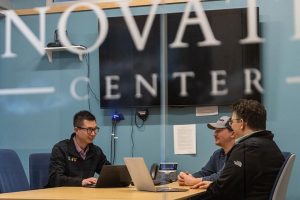
May 15, 2024
Hatching high-growth ventures
Faculty at leading research, land-grant institutions like the University of Missouri juggle many roles. They teach and mentor students, write grants, conduct research, publish their work and engage the public.